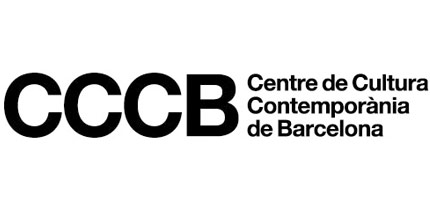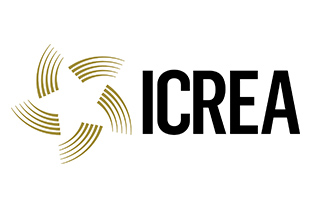ICREA-CCCB Debates
Stem Cells: A Future without Diseases?
2014 ICREA-CCCB Debates
Tissue regeneration is a subject that has fascinated humankind since the days of antiquity. The ancient Greeks knew that the human liver can regenerate, which led them to devise Prometheus’ punishment after he had stolen fire from the gods: he was chained to a rock where, every day, an eagle ate his liver, which naturally regenerated only to be eaten again.
Hence, part of the adult human organism can regenerate. How does this happen? Everything depends on one basic concept: stem cells. These cells can differentiate into specialised cells, which means that they can act as a repair system for the body by replenishing other cells while the organism is alive.
It is believed that some day in the future stem cells will have the potential to deal with a host of human diseases, and that they will be used to repair specific cells or replace whole organs. Recent research has shown that understanding the behaviour of stem cells is essential for learning about processes like cancer and ageing.
«Stem Cells: a Future without Diseases?» is the fourth ICREA-CCCB Debate, a regularly occurring joint endeavour which aims to inform the general public of the advances being made and challenges facing top-ranking scientists currently working in Catalonia.
This activity is part of ICREA-CCCB Debates
Related contents
Pura Muñoz
Stem cells and ageing: can the process be manipulated?
The organism’s ageing is associated with diminished functionality in tissues and organs and a major decline in the regenerative capacity of stem cells. Hence, manipulation of stem cells favouring the balance on the side of regeneration could prevent or delay ageing. Do we know the processes ...




